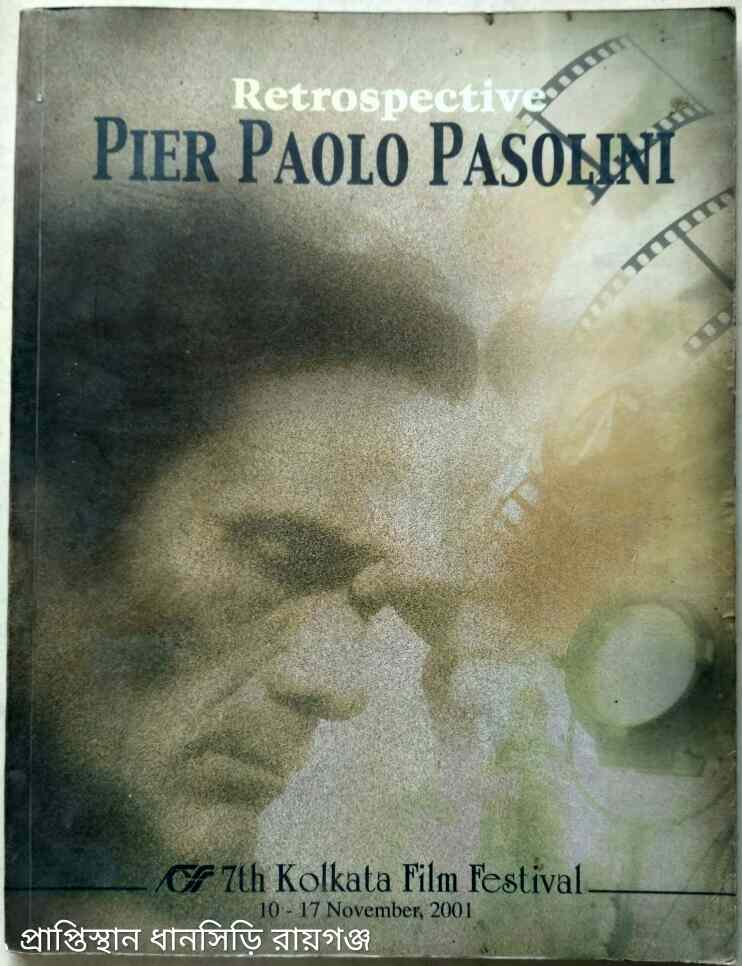Description
Pier Paolo Pasolini is the greatest Italian poet of the second half of the 20th
century. One poet is not worth more than another. But Pasolini wrote more and more importantly than the others.
Pier Paolo Pasolini was fated to grow up during a disastrous period of Italian
history, at a time of unparallelled catastrophe: a military débâcle, with two
armies fighting on Italian soll. At the same time the industrial revolution was
drawing milions of men to the cities, away from the peasant civilisation which
Pasolini loved and in which the roots of his poetry lay. Here then we have two of the main themes of Pasolini’s poetry: lamentation for the devastated,prostrate and humiliated nation, and nostalgia for the lost peasant.Pasolini expressed all this and much else not only in poetry but also through his novels and films. Indeed his work in the cinema must be ranked
immediately after his work as a poet – and ahead of his novels – for its ambitious scope and the quality of the results he was to achieve. In the
cinema, using the tools of the medium, Pasolini translated into images what
we may call his medieval vision, which came to him from the furthest origins
of Italian literature and painting. When, for example, he treated contemporary
situations in his first film Accattone, the style of his narrative echoed the stories
and frescoes of thirteenth and fourteenth century Italy. This is true not only of
the films in which Pasolini attempted, with extraordinary success, to translate
the tales of Boccaccio, Chaucer and the Arabian Nights, even St Matthew’s
Gospel, into the idiom of the cinema. It is also the style of Porcile, Mamma
Roma, La ricotta, Edipo Re, Uccellacci e uccellini, Teorema, Salò o Le 120
giornate di Sodoma, as well as Accattone. In these films, the rough grandeur of the narration is enhanced by evocations of other great directors from
Eisenstein to Mizoguchi, and is marvellously suited to the solemn themes that Pasolini tackles: love, death, redemption, revolution, ideology, myth and miracle.




Be the first to review “Retrospective-Pier Paolo Pasolini, 7th Kolkata Film Festival 10-17 November, 2001”
You must be logged in to post a comment.